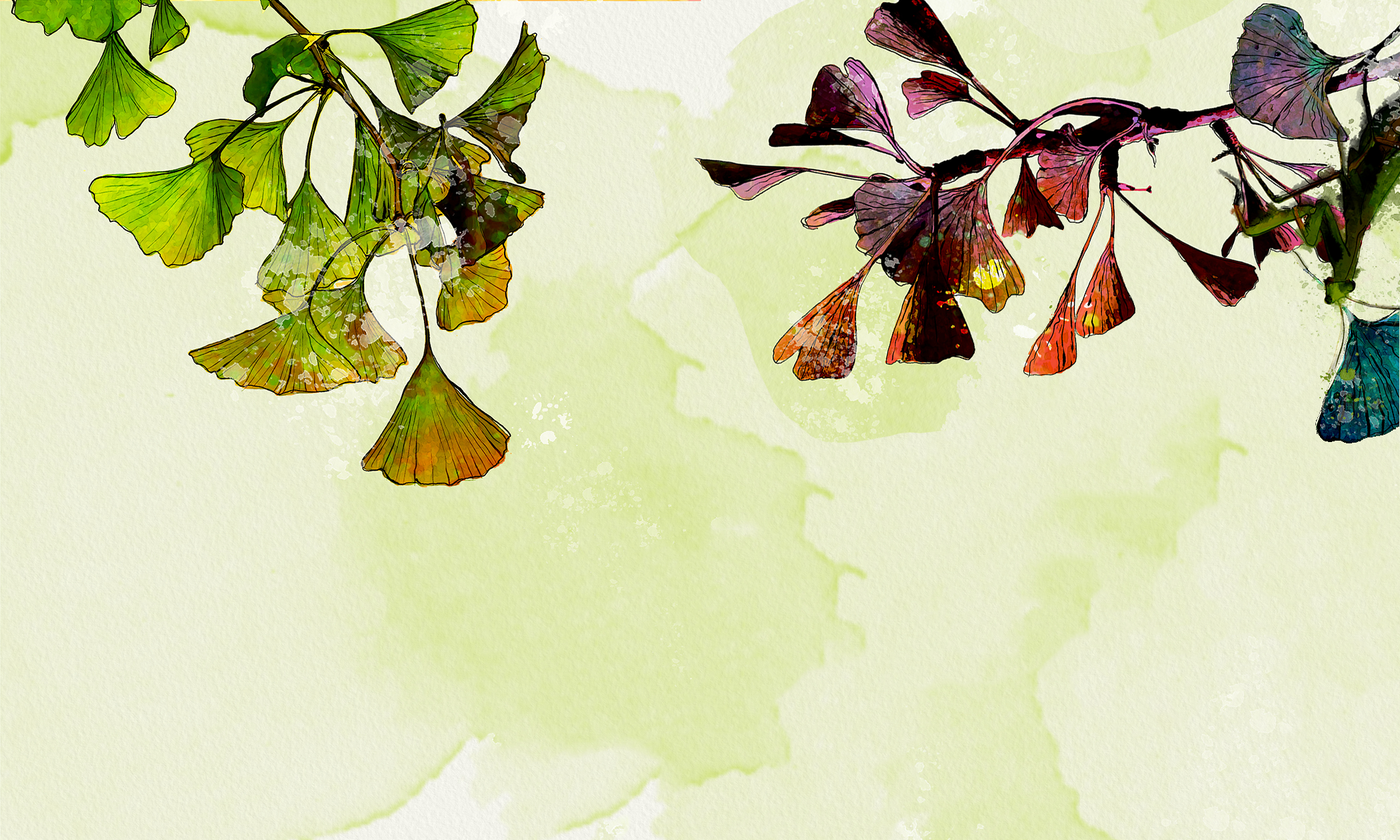
Mantis 20 (Spring 2022)
Retrospective
Bronwen Tate
Editor-in-Chief, Mantis 8 – 10
I started my Ph.D. in Comparative Literature at Stanford after completing an MFA in poetry and teaching community college as an adjunct. From the start, I felt pressure to prove (to myself and to others) that I could be a scholar. But to be a scholar, did I need to set aside my own poems? Sometimes, it seemed so. “A poet is the last person to ask about what their poems are doing,” a tenured English professor said at an evening seminar. Poets and novelists are a different species from scholars, he seemed to imply. Necessary, certainly, but suspect. To attempt to be both scholar and poet felt like a sure way to undermine my limited credibility as someone capable of analysis and argument.
Working on Mantis, however, I found a space in the university where the line between scholar and maker felt more porous. As I worked with other graduate students and Stegner fellows to curate and publish poetry, poetry in translation, essays, and reviews, I saw clearly how roles like editor, curator, reviewer, and translator straddled or muddled these seemingly separate categories. And I was reminded of writers like Rosmarie Waldrop and Yoko Tawada who moved as courageously across genres as they did across languages. Of course, I knew that. I had known that when I started the Ph.D. But at times it was hard to hold onto. Working on Mantis also gave me a sense of the many inscrutable and contingent factors that determine what work is accepted for publication, which has served me well as a writer submitting my own poems and as a professor of Creative Writing mentoring students.
For this retrospective issue, I’ve chosen a poem by Shane McCrae published in Mantis 9 in 2010. I remember hearing Shane read from the manuscript that would become his first collection Mule (2011), being blown away, and asking him to send some poems to consider for Mantis. I’ve read and taught his books ever since, and whenever I see his work recognized, I always feel a little private pleasure that I could hear right away how vital his poems were and play a part in bringing them to readers.
Bronwen’s Selection:
BRONWEN TATE teaches creative writing at the University of British Columbia in Vancouver, BC. Her debut poetry collection The Silk the Moths Ignore, National Winner of the 2019 Hillary Gravendyk Prize, was recently published by Inlandia Institute. A citizen of the Chickasaw nation, Bronwen received an MFA in Literary Arts from Brown University and a PhD in Comparative Literature from Stanford University. Her work has been supported by Stanford’s DARE (Diversifying Academia Recruiting Excellence) Fellowship, as well as by fellowships from the Stanford Humanities Center and Vermont Studio Center.
